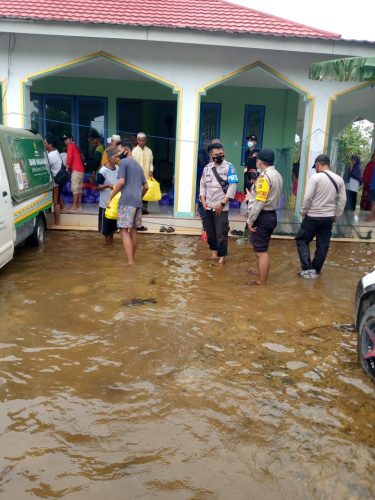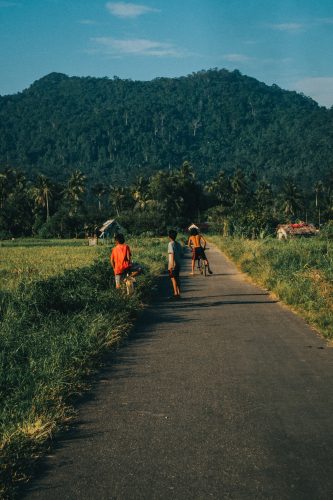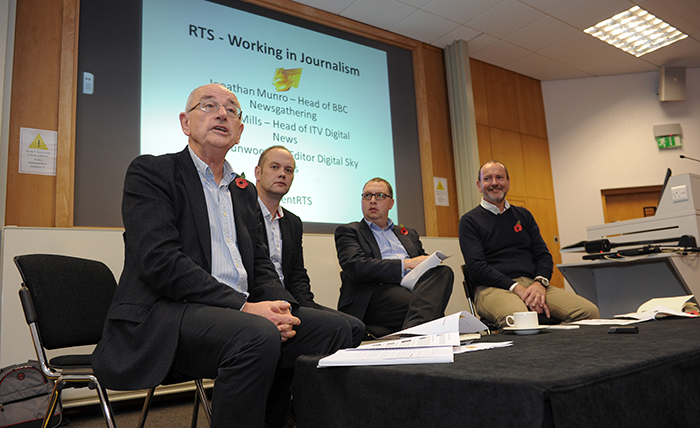When Puji entered the room in her white-painted office, her colleagues sat down along with their seniors. The civil servants, from age 20 to 40s, all seemed to have question marks written all over their faces. After the bill for the relocation of Indonesia’s capital city was made official, their worst fear came true.
“The Best City on Earth”, were the exact words used on the PDF file that she was holding said about the new capital city. Yet no one in the meeting seemed to be thrilled about it. When they ticked the box ‘willing to be placed anywhere’ whilst signing up for the ‘Indonesian dream job’, they secretly hoped that it wouldn’t be verbatim.
In a meeting on 29 April 2019, President Widodo announced his decision to move Indonesia’s capital city, Jakarta, to the outside of Java. He stated that the new capital city will be built in East Kalimantan. Then, by 17 January, he declared that the developed capital city would be named Nusantara.
President, Widodo said ‘leading sectors’ will be transferred to Kalimantan, including Puji’s office, the Ministry of National Development. Puji said: “The [female] seniors, mostly the ones who are married, were concerned about their children’s education, properties that they have bought with Home Ownership Loans, accessibility in the new city, and many more”.

The ambitious project had been long-dreamed-of by President Widodo. One of the reasons behind the necessity to move a whole capital city is climate change. According to the IKN, Jakarta is currently under threat of flooding. The BBC has called Jakarta ‘the fastest sinking city in the world’ and experts anticipate if this issue goes unchecked parts of Jakarta will be completely submerged by 2050. It was recorded that the land fell by 35-50 cm during the period of 2007-2017, with an average groundwater level decline of 7.5-10 cm per year. It is predicted that there will be a sea-level rise of 25-50 cm in 2050.
“Climate change does affect everyone, but it affects people disproportionately. Some people [men] have a choice [to move] when some others [women] don’t have a choice. For example, many of the transwomen in Jakarta live in very poor areas, like a slum, which is very prone to floods. The sea level rising is affecting people in that area and many people who live in those areas are mainly women”.
The conversation about moving to Nusantara also happened in Aulia’s office, the Ministry of Transportation. The difference was that they tried to laugh it off. The seniors threw jokes about how they wished that the central government would pick the juniors instead.
Aulia, who is in her 20s said: “My colleagues were mostly opposed to the idea of us being moved, including me. Moving to the new capital city means moving to a new place to live. How about access there? Are they sufficient? How about the facilities? The security? Not to mention our expenses, which would be much higher since most of us are Javanese. So, if we want to see our families, we will spend much more on plane tickets. One of my colleagues, who is married, said that if we are officially moved, she will resign because it’s impossible to bring all her family to a whole new island.”
But resigning isn’t an option for Aulia. She has sacrificed at least two years of her life, studied tirelessly to ace the National Civil Servants Test and being a civil servant is everything she has ever dreamed of.
Aulia expressed her hesitancy to move an unknown part of Indonesia like Nusantara, which is situated in the rainforests of Kalimantan, a far cry from a modern city like Jakarta. She says: “[The concern is mostly about] security for women. Can we actually survive there? While we live so close to the woods? And because I’m a civil servant in Jakarta, I’m used to having everything provided. If we were moved to IKN, would everything be as easy? [Not to mention] the bushfires. I’m really scared. During the dry season, I think bushfires will happen often.

However, the Indonesian government said at the COP26 summit that they are aiming to reduce deforestation and rehabilitate abandoned land currently in East Kalimantan. Deforestation control is part of Indonesia’s commitment, alongside “sustainable forest management” practices that look to prevent fires. The government aims to limit deforestation to between 800,000-1.1 million acres a year, a level it believes will still allow economic development.
It remains unclear how much the Indonesian people can trust the government’s promises. “I really want to believe them. I hope they will do what they have said but it is likely that it is going to be a new government and they might say that we didn’t promise that. They could say, it’s not my administration. This is just something that we need to watch in the coming years but all I can see now is that they have cut down trees”.
Some female activist groups have started a petition to not move the capital in fear of the environmental impacts caused by the construction of a new mega-city. “as the city expands it is likely that they will cut down more of the forest to accommodate the growing population”.
Desy is fearful for the indigenous communities that live in the Kalimantan forest: “For me, it is important for the government to think of the indigenous community, think of the people that will be affected by the new city being built, and stop looking at people as numbers. It’s not about the numbers (number of victims compared to the number of people that may benefit), it’s people’s lives!”








